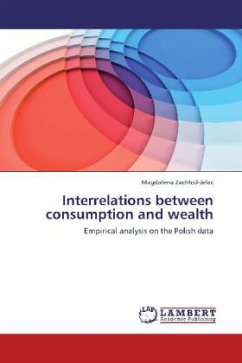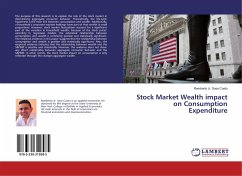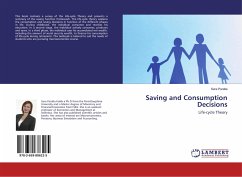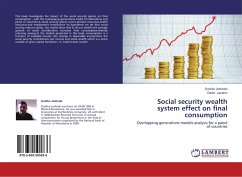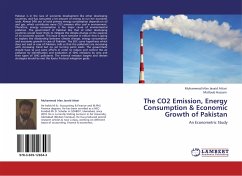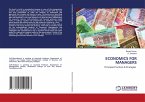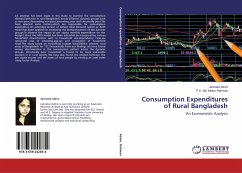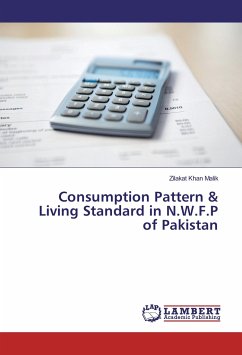Since emergence of permanent income and life-cycle theories progressing integration of microeconomic and macroeconomic achievements in consumption research has been observed. In Poland only few studies of aggregate consumption have been published so far and hardly none of them refer to an intertemporal choice theory. This book presents an analysis of interrelations between consumption and wealth run on aggregate data for Poland. The theoretical part of this book refers to rational expectations permanent income model. Making use of cointegration analysis and Granger causality analysis within VECM models the empirical research in this work shows that estimated long-run and short-run structures for Poland can be interpreted in line with the abovementioned theoretical model. The Euler equation and error correction consumption function approach are distinguished and implications of estimated models for economic policy are discussed. This book should be especially useful to researchersand students who are interested in empirical consumption functions or applying permanent income theory to aggregate data.
Bitte wählen Sie Ihr Anliegen aus.
Rechnungen
Retourenschein anfordern
Bestellstatus
Storno

